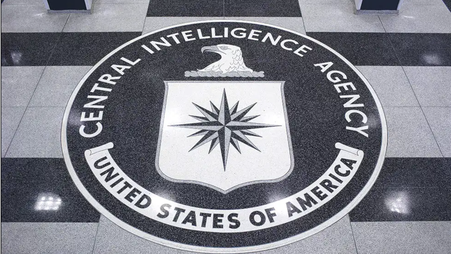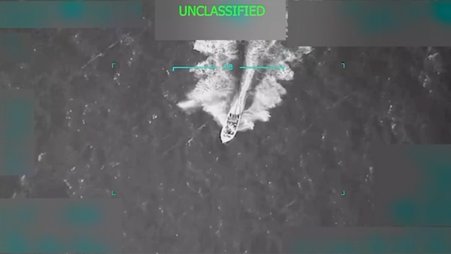In a dubious legal move, the Trump administration is trying to shutter the U.S. Agency for International Development. The USAID.gov website has been down for days, an anemic USAID page has appeared on the State Department’s website, and Secretary of State Marco Rubio has proclaimed himself USAID’s acting director.
And while the attempt to dismantle the independent agency has generated widespread coverage, the debate about USAID’s future misses something important: the status of its records and the processing of its FOIA requests.
These should not be secondary concerns.
Ongoing access to USAID’s records is critical to informing debate about the agency’s future, and the way DOGE handles the agency’s records will show its commitment to (or disavowal of) government transparency rules, with implications for every federal agency DOGE gains access to.
What happens to records if the agency is dissolved?
DOGE has reportedly already accessed USAID’s Office of the General Counsel and its records systems, as well as the Office of the Executive Secretariat, and has accessed at least some classified information — all without any apparent Congressional oversight.
Democratic senators on the Senate Foreign Relations Committee sent a letter to Rubio demanding answers about DOGE’s access to USAID’s headquarters and agency records.
The letter should have also sought assurances (and proof) that USAID records are not being destroyed or removed from the government’s possession.
When an agency is dissolved or absorbed into another agency, one of two things is supposed to happen with its records.
If there is a successor agency, which in USAID’s case appears likely to be the State Department, the successor agency should take responsibility for the absorbed agency’s records. If there is no successor agency, the National Archives and Records Administration should take control of the records.
In either case, either the successor agency or NARA should follow all of USAID’s records disposition schedules. Adherence to these schedules, which outline if a record is permanent or if it’s temporary and may be destroyed after a certain period of time — for example, three years after its creation — is a mandatory requirement of the Federal Records Act.
But this, of course, depends on the records being preserved in the first place.
What is the status of USAID records?
It’s not clear that DOGE is preserving USAID records at all.
Wired reports that USAID staff are “scrambling to save digital copies of regulations from archived versions of the site, and that at least some are being locked out of their systems, including personnel files, pay, and benefits information.”
Two immediate questions come to mind:
First, are USAID employees rushing to save these records because DOGE is destroying them outright?
And second, if any USAID records are being preserved, is DOGE transferring them off agency servers entirely and onto private ones?
(DOGE has reportedly installed commercial servers at the Office of Personnel Management and transferred federal records onto the private servers there. It’s not certain if the OPM data has been wiped from OPM’s servers, but it’s a troubling possibility, as is the potential that DOGE is installing commercial servers across the government.)
If the answer to either question is yes, then it is a blatant violation of recordkeeping laws that 1) require records be preserved according to their schedules, and 2) that federal records be preserved on federal systems.
What about USAID’s FOIA requests?
Another concern is the status of Freedom of Information Act requests at USAID.
Will the State Department absorb USAID’s FOIA professionals, or will those employees be placed on administrative leave, forcing the department’s FOIA office to process all of USAID’s FOIAs in addition to State’s own?
And, if the two FOIA offices merge, how will USAID’s FOIA requests be incorporated into the State Department’s backlog? Will the USAID requests be placed at the end of State’s current queue, or will they somehow be incorporated chronologically into State’s current processing? Or will the State Department tell all requesters who have filed FOIA requests with USAID that they need to be resubmitted?
Records geeks like myself shouldn’t be the only people asking these questions. Congress should join us — and do so, loudly.
There is no way for the public to effectively debate policy without agency records, and there are increasingly few ways to see agency records without tools like FOIA.
As DOGE continues to storm federal offices, concerns like record preservation and FOIA processing must remain a key focus.





